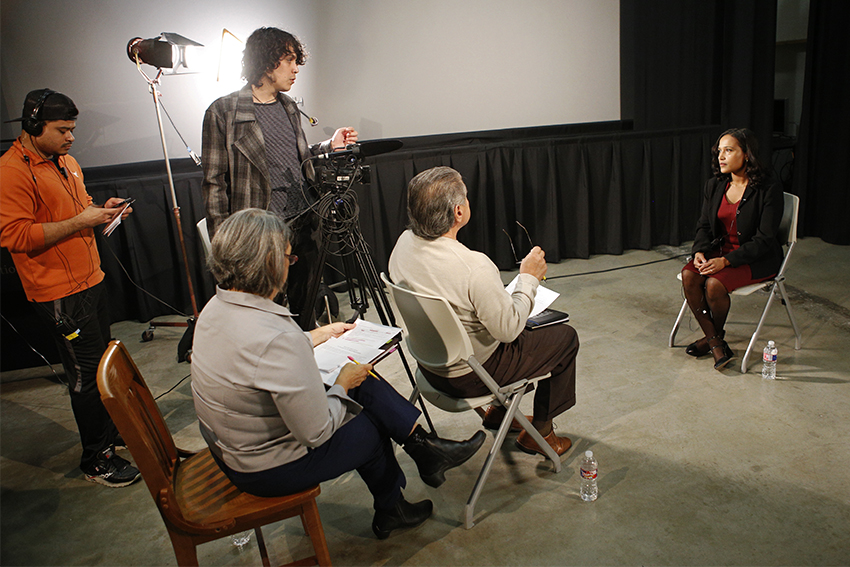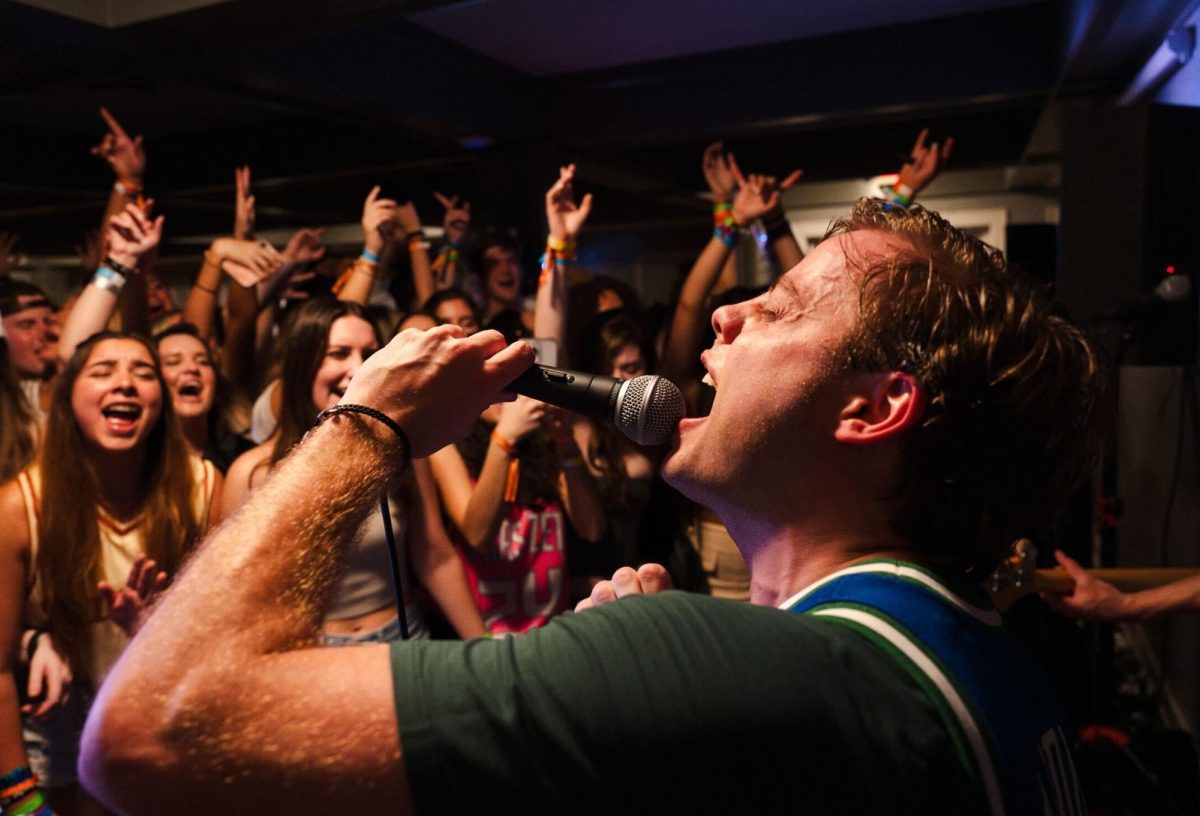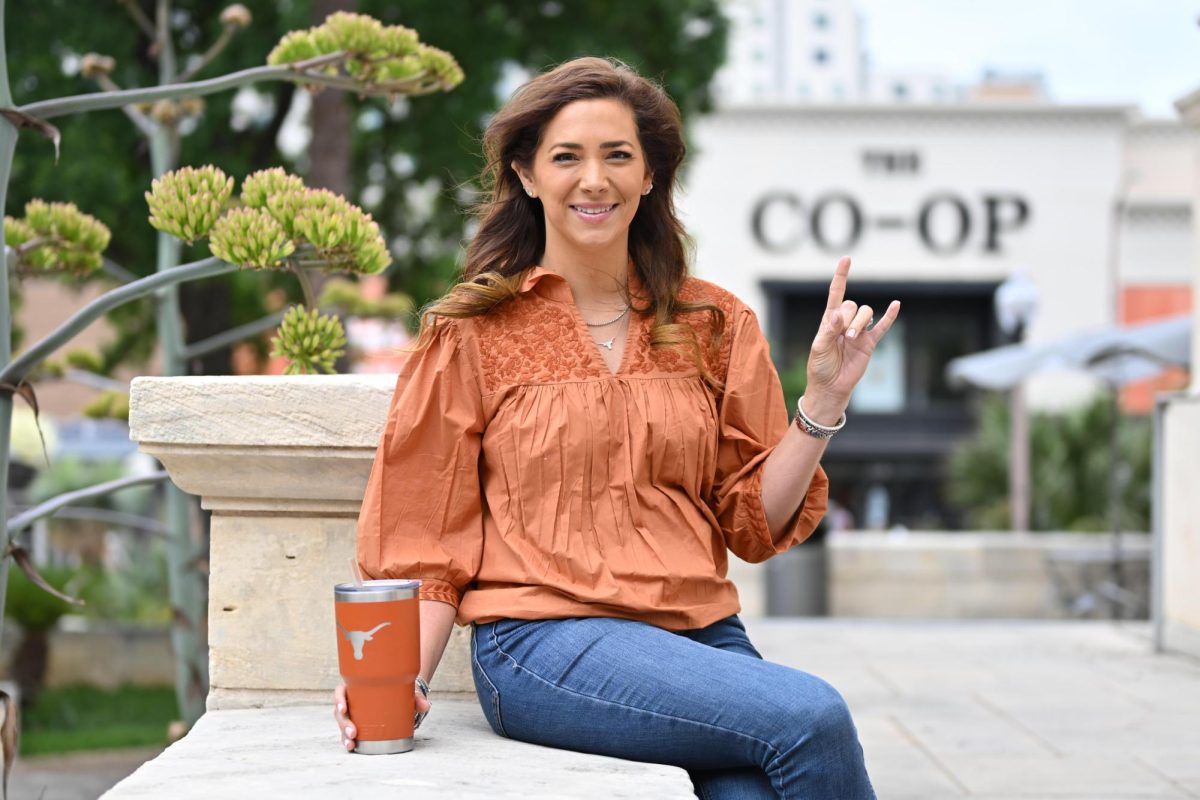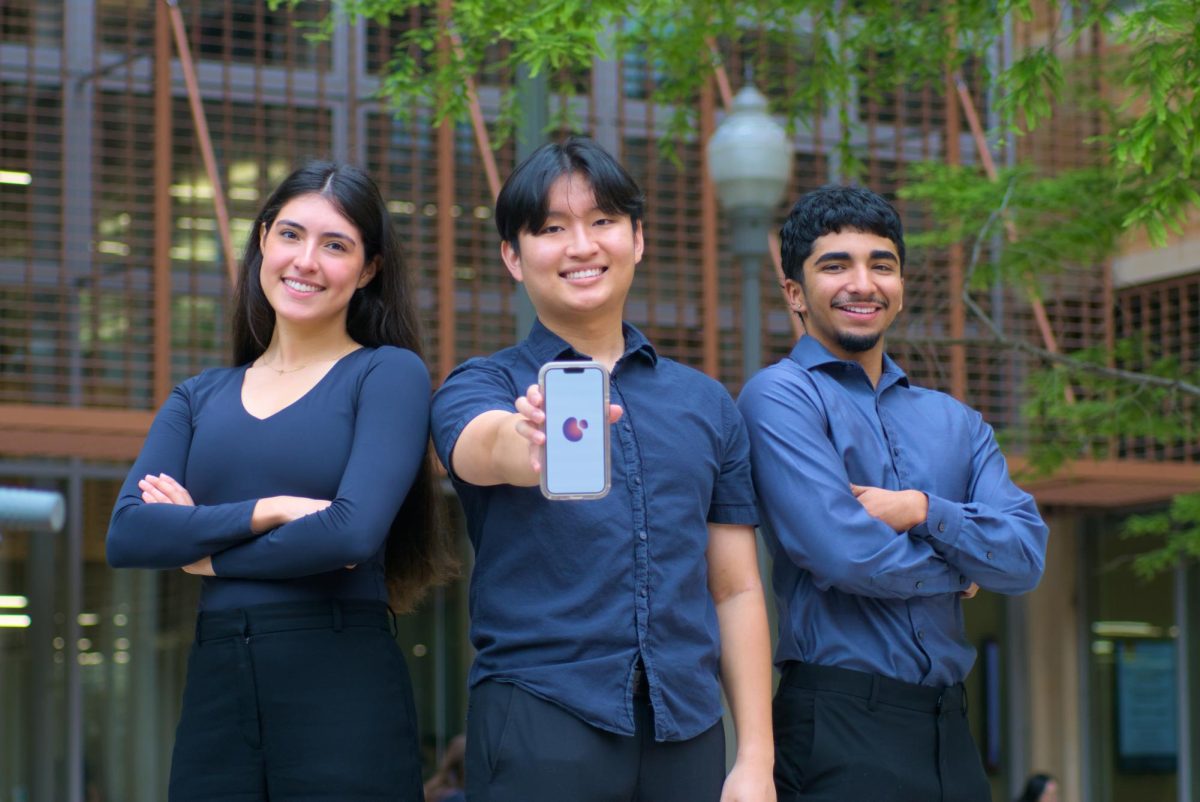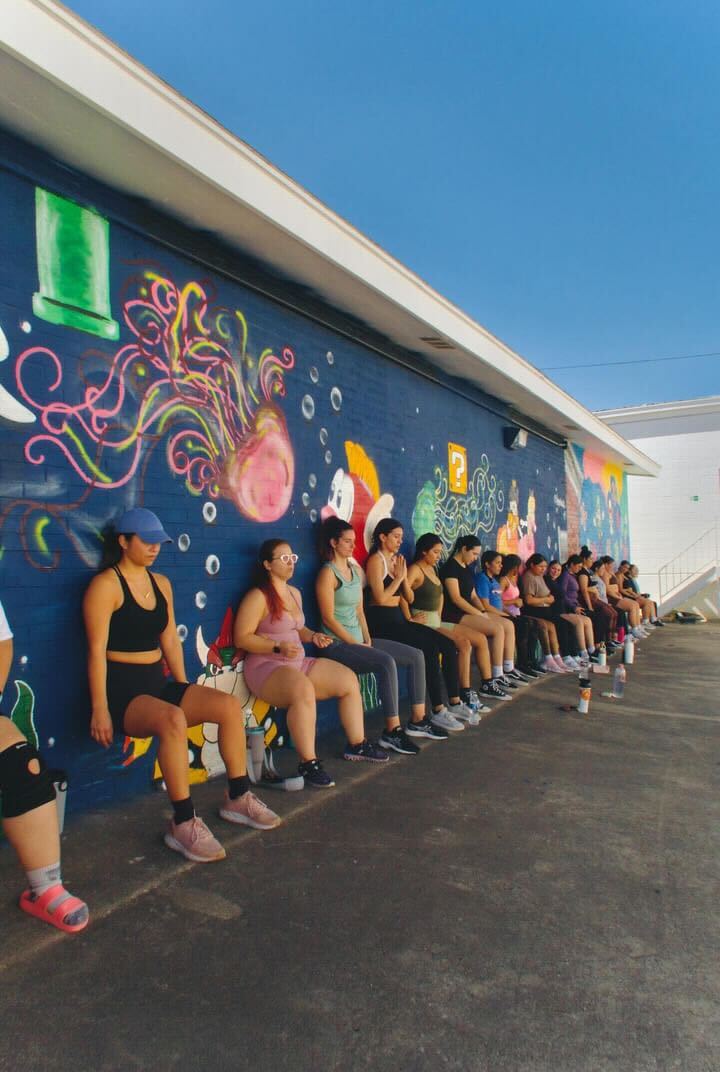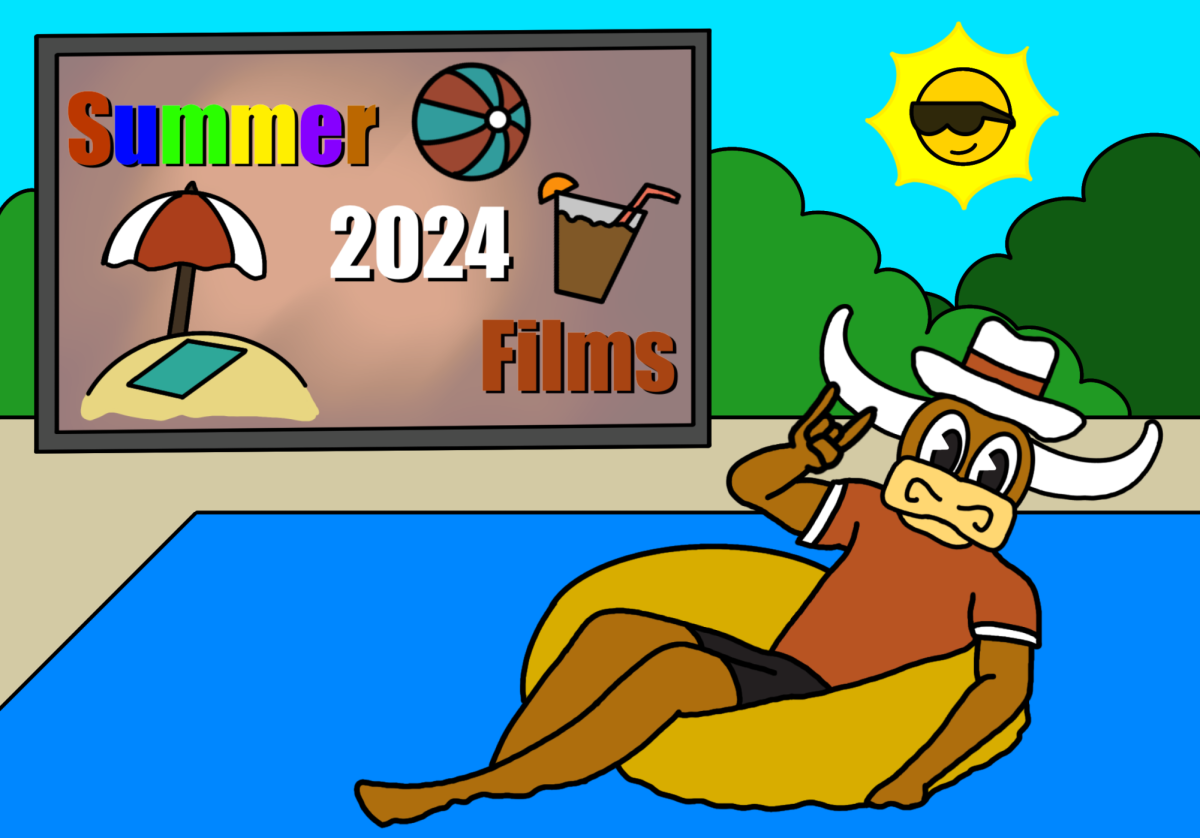Tackling the obstacles of underrepresentation and funding in the field, 12 prominent Latinx filmmakers agreed external aid is needed to give a voice to the Latinx experience in the American film industry.
An event hosted Nov. 11 in the Belo Center for New Media by Voces Oral History Project included hour-long interviews of the documentarians followed by a public forum on how they express their Latinx voices.
Maggie Rivas-Rodriguez, who founded Voces in 1999, questioned the exclusion of the Latinx voices in Ken Burns’ 2007 PBS documentary about World War II.
“When (PBS) came back and said we weren’t a part of the universal story, it made us stop and think about how Latinos are woven into the national and historical narrative,” Rodriguez said. “Our role is to document more fully the Latino experience so we create the primary source material that can be used for books, journals, research and documentaries.”
The collection of these interviews, such as the ones from the day before, provide resources and what the panel said was necessary backing from outside the industry.
“If we want to get a diverse array of stories, we need both pressure from the outside as well as the work,” documentary director Bernardo Ruiz said. “What we really need is external support that Maggie (builds) by having this convening.”
Sai Baruri, radio-television-film freshman, said he related to the stories of underrepresentation shared by the panel because he personally feels this sentiment in his lecture halls.
“There is a big lack of representation in R-T-F,” Baruri said. “Just sitting in lecture when you are looking at the people around you, it’s almost like, ‘Does anyone here at UT really care about what I say, or care about stories I want to tell?’” Baruri said.
Directors and producers aren’t the only key players in diversifying the film industry. Funding is a large factor in what voices are heard in a film. Tactics to overcome these financial challenges were discussed throughout.
Jesús Salvador Treviño, a documentarian who spearheaded Latinx representation in media, including the Chicano Movement, said when creatives are hired to direct a film or a show, the directors must play by the rules.
“But then I ask myself, ‘What about my Latino voice?” Treviño said. “How do I express that? That’s a tougher question because it’s very rare you can use established media forms they’re funding (with) your voice — the Latino voice.”
Treviño said he was fortunate to have self-funded independent films to represent his Latino voice.
Wendy Llinás, associate director of Programming and Development for the PBS, continued on this point as she has a role in allocating documentary funding.
“It is incredibly frustrating to see we are still having the same conversation we were having 10, 20 years ago,” Llinás said. “We wouldn’t need a specific slot for it in Latino Heritage Month. We would see it integrated throughout all of the programing we offer.”
Filling in those gaps surrounding Latinx Heritage Month is one of the goals of Voces mentioned by Rodriguez.
These interviews mentioned are archived in the Nettie Lee Benson Latin American Collection for public use as a way to fill in the gaps the Voces Oral History Project sees in the documentation of Latinx Americans.



